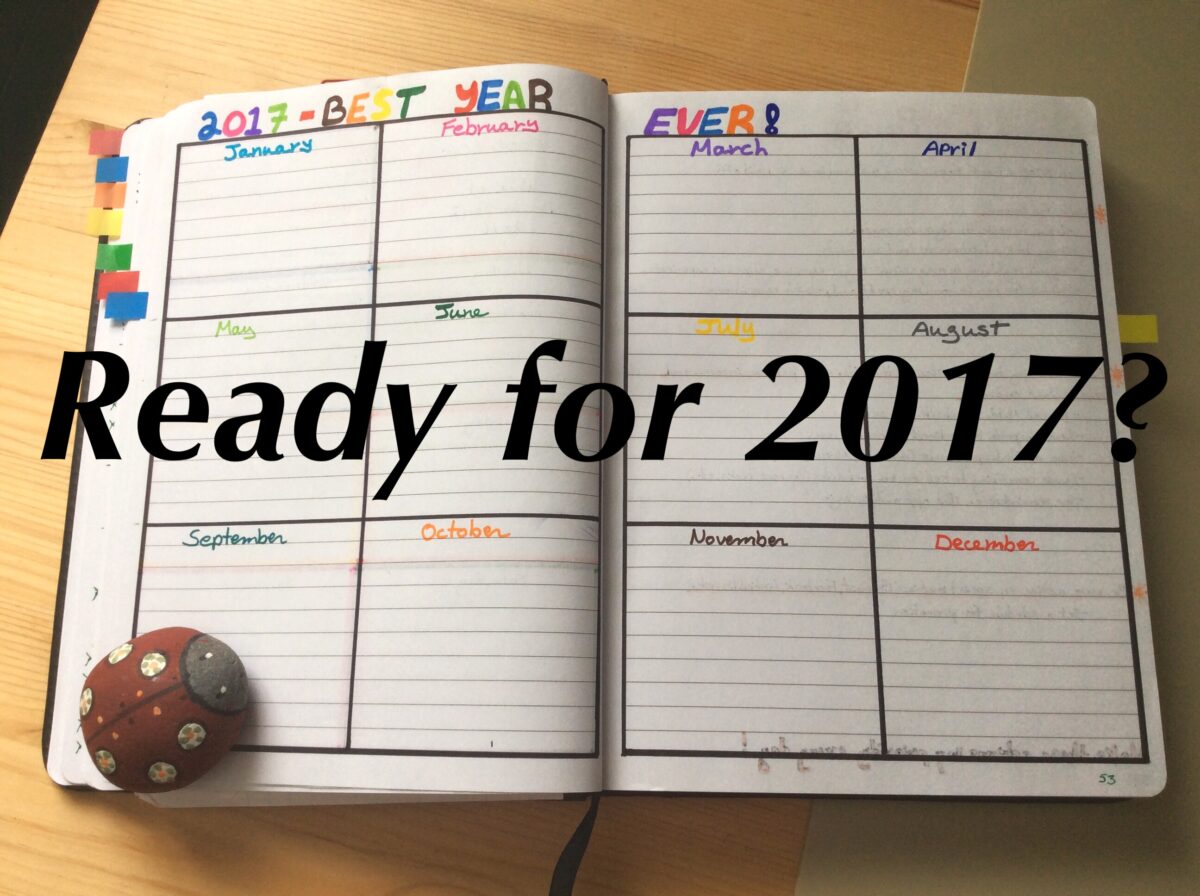As much as I enjoyed celebrating with my family yesterday, I feel as if the new year is truly starting today. On this second morning of January, I finally get to fully implement all the goals I set up for myself over the holidays. As you may know by now, I love to set goals in all areas of my life. But this year, I made a big change.
Since the beginning of December, I’ve been listening to the audio book The Wisdom of the Council by Sara Landon. In chapter three, goals and resolutions are described as not being really necessary since we simply need to live as if we already are the greatest version of ourselves. Setting goals would imply we were not, thus negating the whole thing. I had to listen to that part several times for my brain to get on board. Although the words felt right, my goal-loving self kept rejecting the concept.
I finally found a way to bridge the two by making goals based not on achieving certain milestones but on getting rid of the things that bother me. I figured that if I clear the junk in my life, then it will be easier for me to focus on the greatest version of me.
At the top of the list is the state of my house. As much as I love order and cleanliness, writing is not compatible with either. The more assignments I land, the worst my house looks. And the worse my house looks, the harder it is to focus on the writing. I know that if I jump into a scrubbing, dusting, painting frenzy and try to do it all at once, I’ll get worn out and discouraged and give up before I’ve made much of a dent. So, I decided to spread out the work over a full year and see how it goes.
To help with the process, I turned to my trusted bullet journal and made a chart dividing my house into nine rooms (there’s actually seven but I made it easier on myself by splitting the basements into three sections). While the plan is to finish one room every month, I’ve given myself a three-month leeway in case some rooms end up taking more time due to unforeseen circumstances.
I chose to start with the basement for a couple of reasons. One, we had a miserable December. Although it’s been much milder than usual, with very little snow on the ground, it’s also been grey, damp, and not much fun to be outside. This means I won’t miss much by hiding myself away in the basement. Two, a lot of our tools and supplies are stored there. If I organize everything so that I can find things easily when I need them, I’ll save a lot of time when I’m ready to tackle the main rooms.
I gave my house-cleaning plan a test drive over the holidays by focusing on the back room of the basement. So far, it’s working great. Not only did I get the work done in just a few days, but I discovered an unexpected positive side. As I now look at the other rooms in my house, instead of getting grumpy and depressed at all that still needs to be done, I find myself smiling and telling each problem area, “Don’t worry, I’ll get to you when your month comes.”
For my writing, I decided to do something similar. Topping the what’s-bothering-me list on that side of things is the information mess. Over the years, I accumulated lots of bits and pieces of info, and created tons of physical and digital files and folders. Finding what I need can sometimes be a challenge, especially when I’m in a hurry. So, I made a twelve-month chart in my writing bujo to help me sort the useful stuff and get rid of the rest. For January, I’d like to reorganize my idea files and folders. On the surface it looks like a huge job, but as I learned from cleaning that first basement room, I don’t have to wear myself out to make progress. I just need to remember to focus on that one topic this month and ignore all those other pieces that also need sorting. “Don’t worry,” I’ll tell them. “I’ll get to you when your month comes!”











